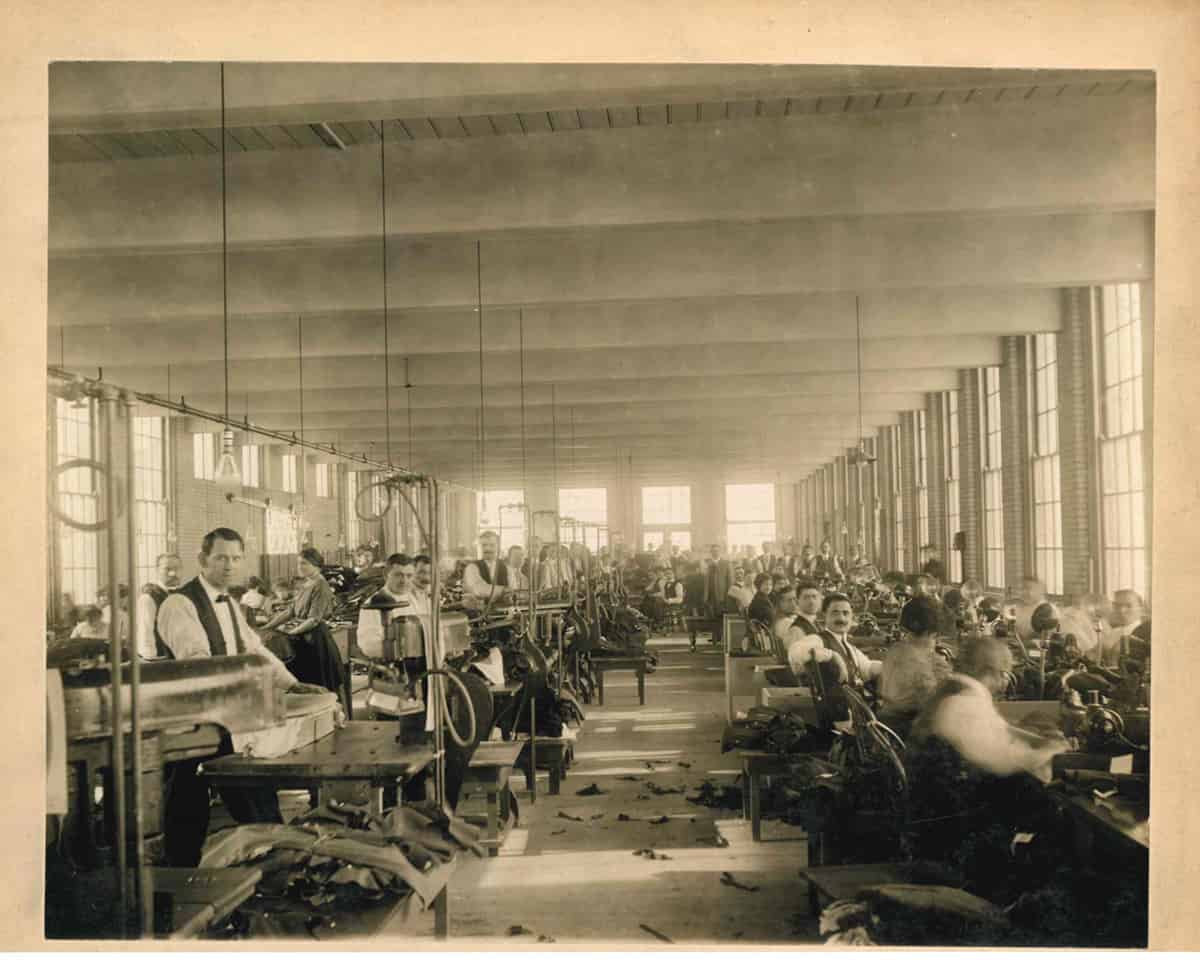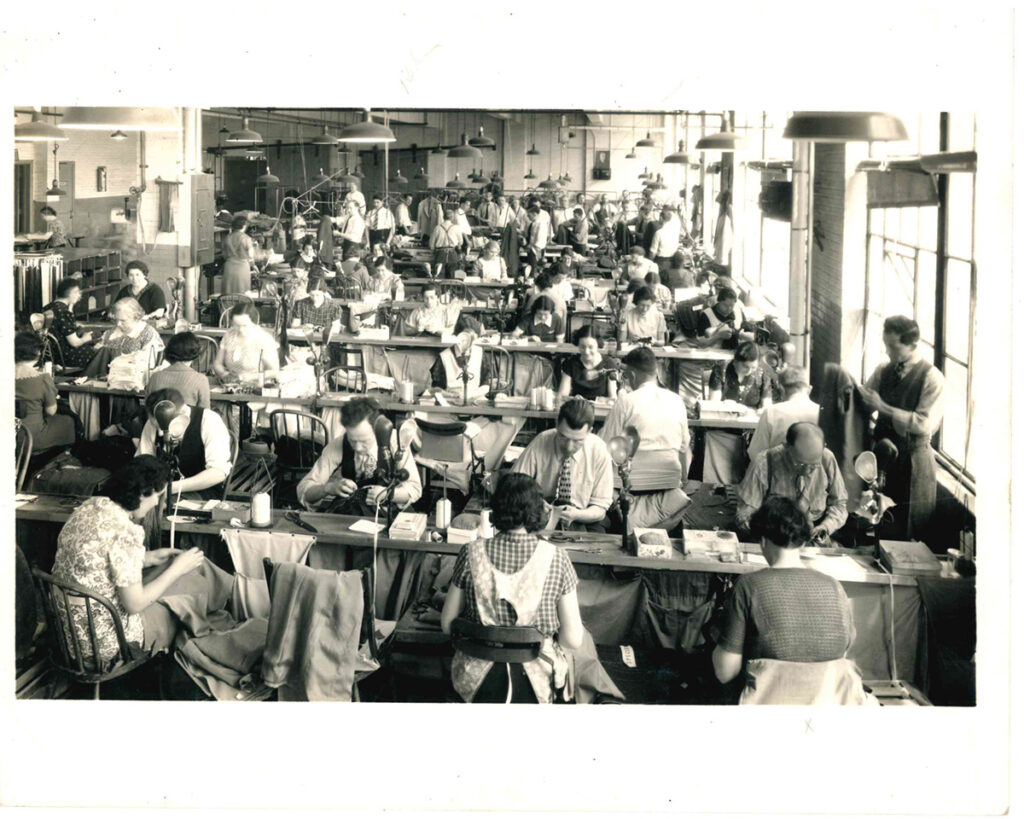OPINION: FILLING THE NEED FOR TAILORS: A LOST CAUSE?

I’m writing in response to your article about immigration and the need for tailors; having navigated the immigration system myself when I moved to the U.S., I am intimately aware of the difficulties. For many years, Hickey Freeman sent delegations abroad to recruit tailors; in fact, so many were brought to Rochester that naturalization ceremonies were held within the factory itself. These days, however, tailors are not so abundant. In countries like Italy, where it was common for tailors to send their children to apprentice at the tailor shop after school, that generation of apprentice tailors now encourages their children to do anything but. Which is not to say that they don’t exist, but that they are scarce.
My point, however, is that the United States lags, yet again, its neighbor to the north. While we continue to pay duties on wool coming into the country, some of which are reimbursed through a positively byzantine structure maintained by the USDA and for which the industry pays lawyers and lobbyists to navigate, neither Canada nor Mexico pays these equivalent duties, giving them an advantage in our market. More recently, when the Canadian government recognized the need for skilled needle workers, made evident during the rush to produce PPE during the pandemic, a government program was put in place to fast-track up to 25,000 people. Considering the population of Canada is about one-tenth that of the U.S., that would be roughly equivalent to fast-tracking 250,000 skilled people here. I don’t recall the exact details of the Canadian policy, but it seemed just the kind of move that would serve to address the concerns raised in your MR editorial. Our dysfunctional Congress wouldn’t even have to get terribly creative in crafting legislation but could borrow from what was being done up north. Imagine, for a moment, what might transpire if the United States announced a fast-track program for skilled needle workers coming to the United States, and that the caravans of migrants arriving at the borders were bringing expertise highly sought after by retailers and by the few domestic garment factories that remain.
Having spent ten years churning through that system, however, I am not optimistic.
Jeffery Diduch is SVP Design and Technical for Rochester Tailored Clothing.
Images courtesy of Mr. Diduch/Hickey Freeman.




Women are taking over for the old school tailors seamstresses turning into tailors.